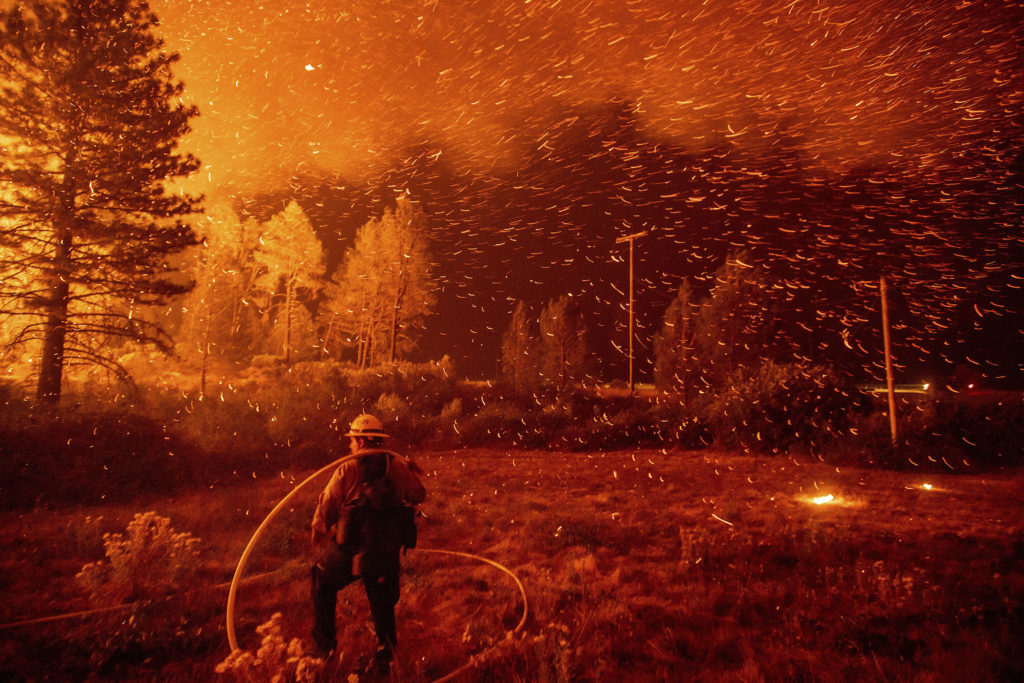Climate Grief

I’ve mentioned before around these parts how incredibly depressed students are about climate change and how frequently I have student tell me they don’t see why they would have children in this world. This has led to some derision in comments, which distresses me a bit because I think it demonstrates the huge generational gap on issues like this. We now have some research into the matter and it is quite stark:
The largest study of its kind shows that the environmental crisis is causing widespread psychological distress for young people across the globe. In a paper released Tuesday, researchers from the United States, United Kingdom, and Finland found that 45 percent of teens and young adults say climate anxiety is affecting their daily lives and ability to function. It’s the first study to suggest that young people’s emotional distress is strongly linked to their governments’ failure to respond.
“This study paints a horrific picture of widespread climate anxiety in our children and young people,” said Caroline Hickman, a co-author and a researcher at the University of Bath in the United Kingdom, in a statement.
Three-quarters of those surveyed said that the “future is frightening,” with more than half believing that “humanity is doomed.” Nearly 4 in 10 said that they are hesitant to have children.
The study, under peer review in the journal Lancet Planetary Health, surveyed 10,000 people between the ages of 16 to 25 in February and March this year. The respondents came from 10 countries: Australia, Brazil, Finland, France, India, Nigeria, the Philippines, Portugal, the U.K., and the U.S. Researchers found that concern about climate change was concentrated more heavily in poorer countries, which have contributed the least to the greenhouse gas emissions heating up the planet. In the Philippines, for example, 92 percent agreed that the future was frightening, compared with 68 percent in the United States.
Some 58 percent of those surveyed said that their governments are betraying them and future generations. That number was particularly high, 77 percent, in Brazil, where deforestation and fire in the Amazon rainforest have risen under President Jair Bolsonaro.
You can already see the impact of this in voting patterns, with overwhelming rejection of conservative politics among young voters, even if their overall participation remains lower than older generations. There’s no reason to believe their beliefs will change as they age. Much of the current extreme right globally consists of aging whites angry about racial changes to the world, whether in the U.S., Brazil, Hungary, Poland, or elsewhere. This reactionary behavior of the old also impacts the willingness to take climate change seriously. And it both infuriates and depresses younger people who are going to have to live with the world the olds made.
We are quite frankly failing our children and young people generally. We should be ashamed. And we should do something about it.


